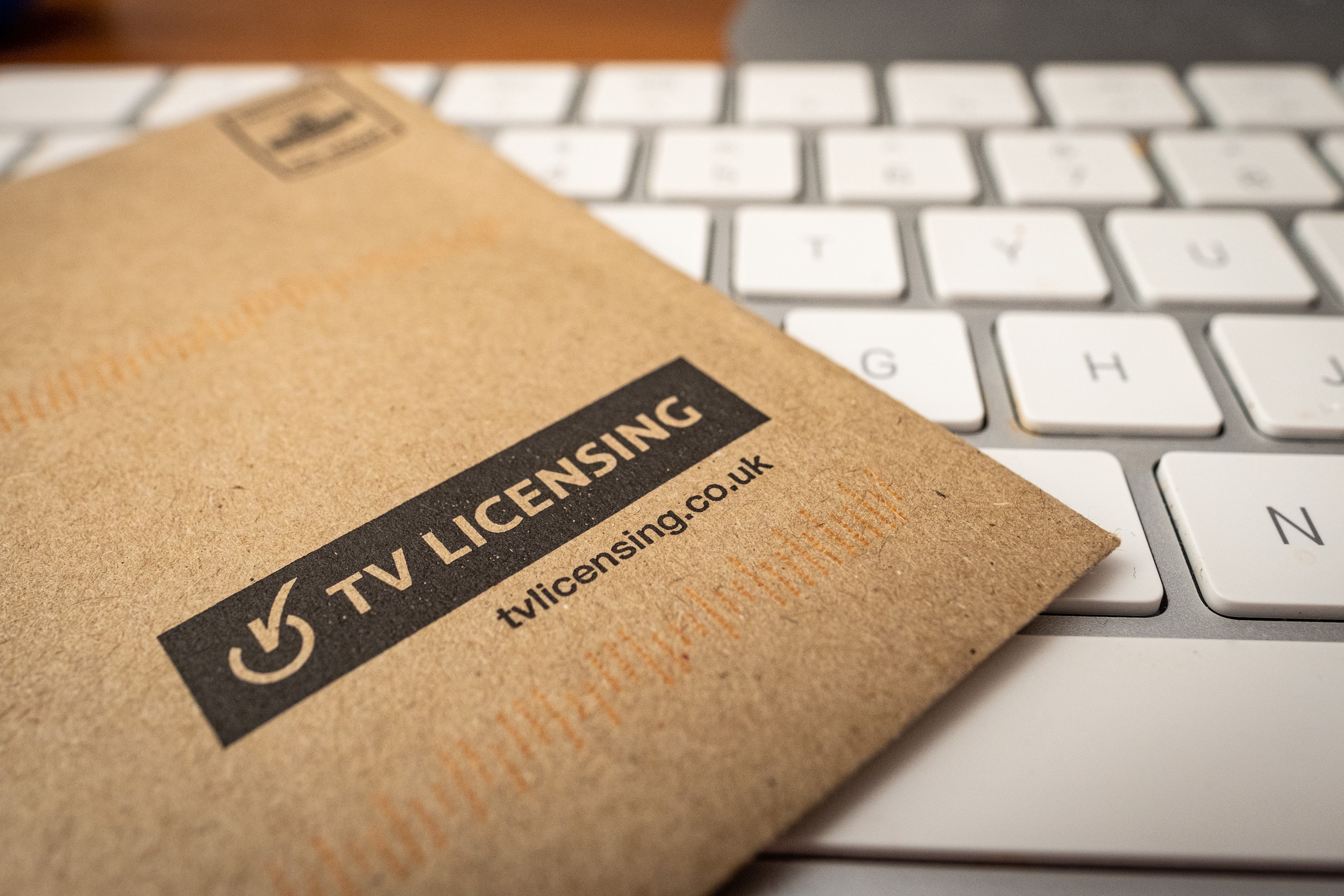Utilities
 It is a standard practice in the UK to pay a deposit to the landlord before moving into your rented accommodation. Your tenancy deposit will usually be the same amount as 4 or 5 weeks' rent. It's illegal for your landlord to force you to pay a deposit of more than 5 weeks' rent (or 6 weeks' rent if your annual rent is more than £50,000). The landlords MUST protect any deposit taken in one of the three government-approved tenancy deposit schemes.
It is a standard practice in the UK to pay a deposit to the landlord before moving into your rented accommodation. Your tenancy deposit will usually be the same amount as 4 or 5 weeks' rent. It's illegal for your landlord to force you to pay a deposit of more than 5 weeks' rent (or 6 weeks' rent if your annual rent is more than £50,000). The landlords MUST protect any deposit taken in one of the three government-approved tenancy deposit schemes.
The landlord should refund the deposit in full when you move out unless there has been damage to the property or its contents during your tenancy. Your landlord must not make deductions from the deposit for fair 'wear and tear', i.e., the normal deterioration of fixtures, fittings, and items through normal use during your tenancy.
It is advisable to keep a written record of all the rental payments you make. If you have problems with your landlord, you can get advice from the Citizens Advice Bureau, which has rental-specific guidance.
Your landlord is legally required to put your deposit into one of the government-backed Tenancy Deposit Schemes. This ensures that your deposit will be protected if your landlord refuses to refund it without good reason or makes unreasonable deductions.
Every scheme provides a free dispute resolution service. If you disagree with your landlord about the amount that should be returned, the dispute resolution service will resolve the matter and refund the appropriate amount of your deposit.
 Council Tax is collected by local authorities and used to pay for local services such as street lighting, road maintenance, rubbish collection and some education and social services.
Council Tax is collected by local authorities and used to pay for local services such as street lighting, road maintenance, rubbish collection and some education and social services.
This online essential guide to London local government outlines the roles of the various bodies involved in delivering services to eight million Londoners. It explains what they do, how they're run and where they fit in with one another. It is by no means exhaustive: as its title implies, it is intended to give a very quick insight into the role of the organisations that borough councillors are most likely to come across.
The amount of Council Tax you are liable to pay will depend on the type of property you live in and on the area. Most individuals will have to pay Council Tax on the property they live in, although some individuals, such as full-time students, may qualify for a discount or be exempted from paying altogether. Council Tax must be paid directly to the Council.
You can check the Council Tax band for your property and which local authority will collect it.
For further information, including the cost of Council Tax and exemption rules, please visit the Government website.
 In the UK, the tenant usually is liable for utility bill payments though some landlords may choose to include some of these charges in the rent. The costs for gas, electricity and water may differ between providers.
In the UK, the tenant usually is liable for utility bill payments though some landlords may choose to include some of these charges in the rent. The costs for gas, electricity and water may differ between providers.
Arranging utility services: You can use price comparison websites to help you decide on a provider. However, you may be restricted in the choice of providers available in your area. Popular price comparison websites include Uswitch, Gocompare.com, and MoneySuperMarket.
Check with your landlord whether the property is currently being supplied with electricity, gas and water. If not, you should make supply agreements with the providers before moving into the property.
Paying for utility services: When you move into your property, you should note the gas, electricity and water meter readings to ensure you are billed correctly. The independent consumer advice group, 'Which,' offer guidelines on getting the cheapest utility tariffs. The moneysavingexpert (a consumer advice website) also has some resources.
You will usually receive a bill every three months, although you can also pay for your bills by monthly direct debit, straight from your bank account. Ensure you take a reading regularly (monthly) and alert your providers when you move out to ensure you do not overpay.
In the UK, you will often be required to show a recent utility bill as proof of residence. If you buy or rent a property together with a partner, it is advisable, where possible, to sign up to providers under both of your names, as this will help you to establish a UK credit history.
There are many different suppliers. Some of the big gas & electricity suppliers are British Gas, Eon Energy, Scottish Power, and Octopus Energy.
 There may be an existing telephone line on your property. To activate an existing telephone line or arrange for one to be installed, you will need to contact a telephone provider. Popular providers are BT, Virgin Media and TalkTalk.
There may be an existing telephone line on your property. To activate an existing telephone line or arrange for one to be installed, you will need to contact a telephone provider. Popular providers are BT, Virgin Media and TalkTalk.
There are many different providers of telephone and broadband services. You can find quotes on broadbandchoices, Gocompare.com, comparethemarket, moneysavingexpert and MoneySuperMarket.
 You will need a licence to watch television in the UK, including viewing live tv on your computer, mobile phone, games console, digital box and DVD/VHS recorder.
You will need a licence to watch television in the UK, including viewing live tv on your computer, mobile phone, games console, digital box and DVD/VHS recorder.
Information on the fees and how to pay is available on the TV licensing website.
